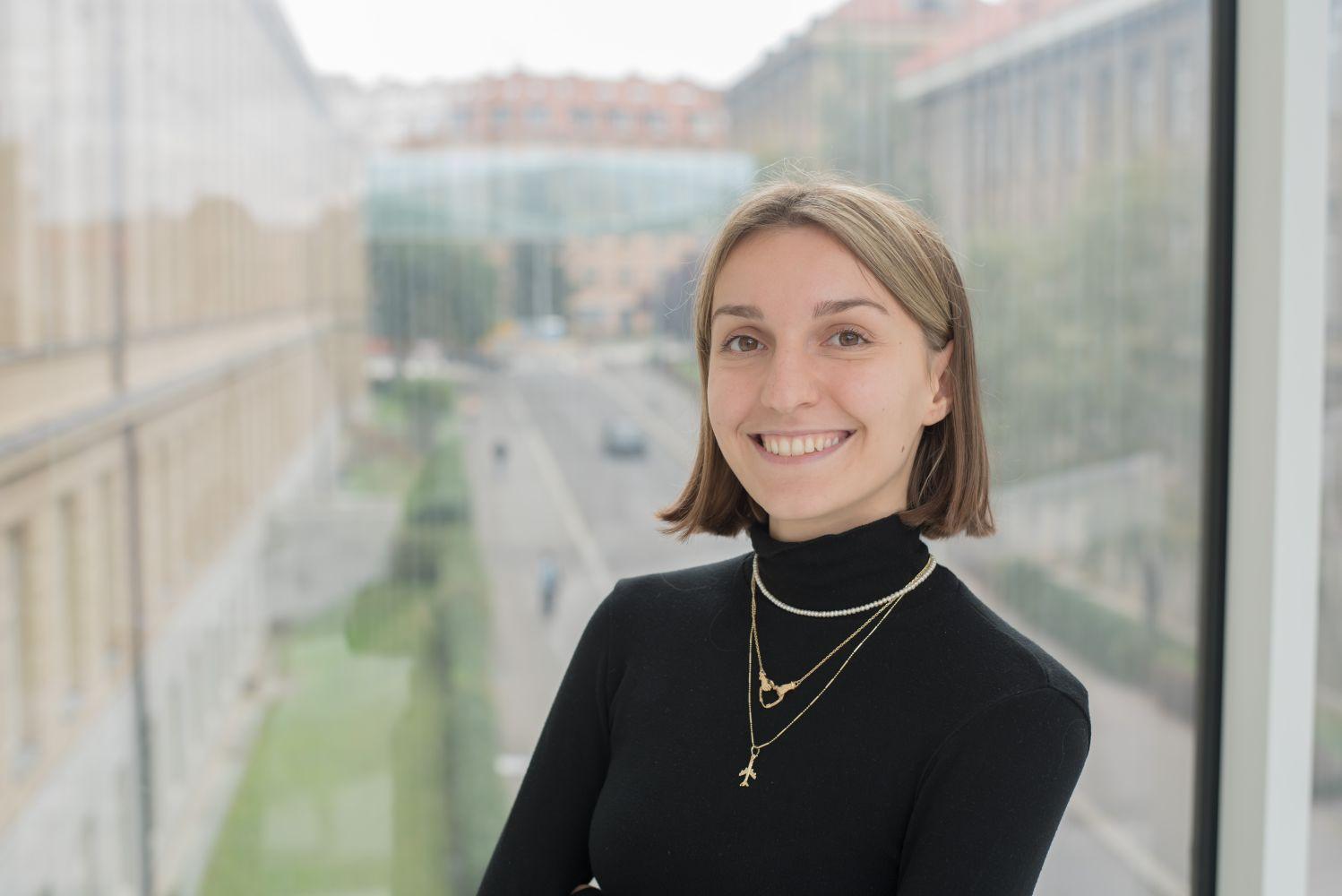Challenge
Pharmaceuticals have gained attention worldwide due to their serious threat to living organisms in aquatic environments. Even at low concentrations (ng.L-1 to µg.L-1), pharmaceuticals can present toxic effects contributing to genotoxic, mutagenic, and ecotoxicological risks. One of the pathways of pharmaceuticals to end up in the environment is through wastewater treatment plants (WWTP) effluent. Therefore, the European Union has recently increased its measures to improve wastewater treatment efficiency and reduce the release of micropollutants. The most recent EU directive requires an 80% removal rate of selected micropollutants, the majority of them pharmaceutical compounds, from WWTPs of 150,000 Population Equivalent (p.e.) and above.
Strategy
The most promising approaches for micropollutants removal typically combine ozonation with a post-treatment step such as activated carbon, sand filter, and moving bed reactor. However, before large-scale implementation, these technologies must be tested under near-real wastewater conditions to determine the optimal site-specific conditions, including necessary doses of chemicals, operational parameters, treatment efficiency, and long-term performance.
In this PhD project, the first objective is to assess the capacity of granular activated carbon alone for pharmaceuticals removal. The second objective is to evaluate the best combination of ozonation and post-treatment technologies, including activated carbon, sand filter, and moving bed reactor, in terms of pharmaceuticals removal, by-products generation, and toxicology evaluation.
Education
- 2025-present: UCT Prague, FTOP, Department of water technology and environmental engineering, PhD. Student
- 2023-2025: International Master of Science in Environmental engineering and Technology, master thesis: “Removal of pharmaceuticals from wastewater effluent using the combination of ozonation and adsorption on activated carbon”.
- 2019 – 2022 University of Prishtina in Kosovo, Faculty of Civil Engineering, bachelor thesis: “Application of phytoremediation for soil contamination”.
Other areas of interest
- Soil contamination and remediation technologies
- Climate change, environmental sustainability, and renewable energy transition
- Environmental Impact Assessment for solar parks
- Green, circular economy in the Western Balkan – EIT Climate KIC
- Summer school of Bavarian Environmental Administration - Bavarian Environmental Agency
- Certified course on Fundamentals of Environmental and Social Framework (ESF) – World Bank
Participation on teaching
Publications







